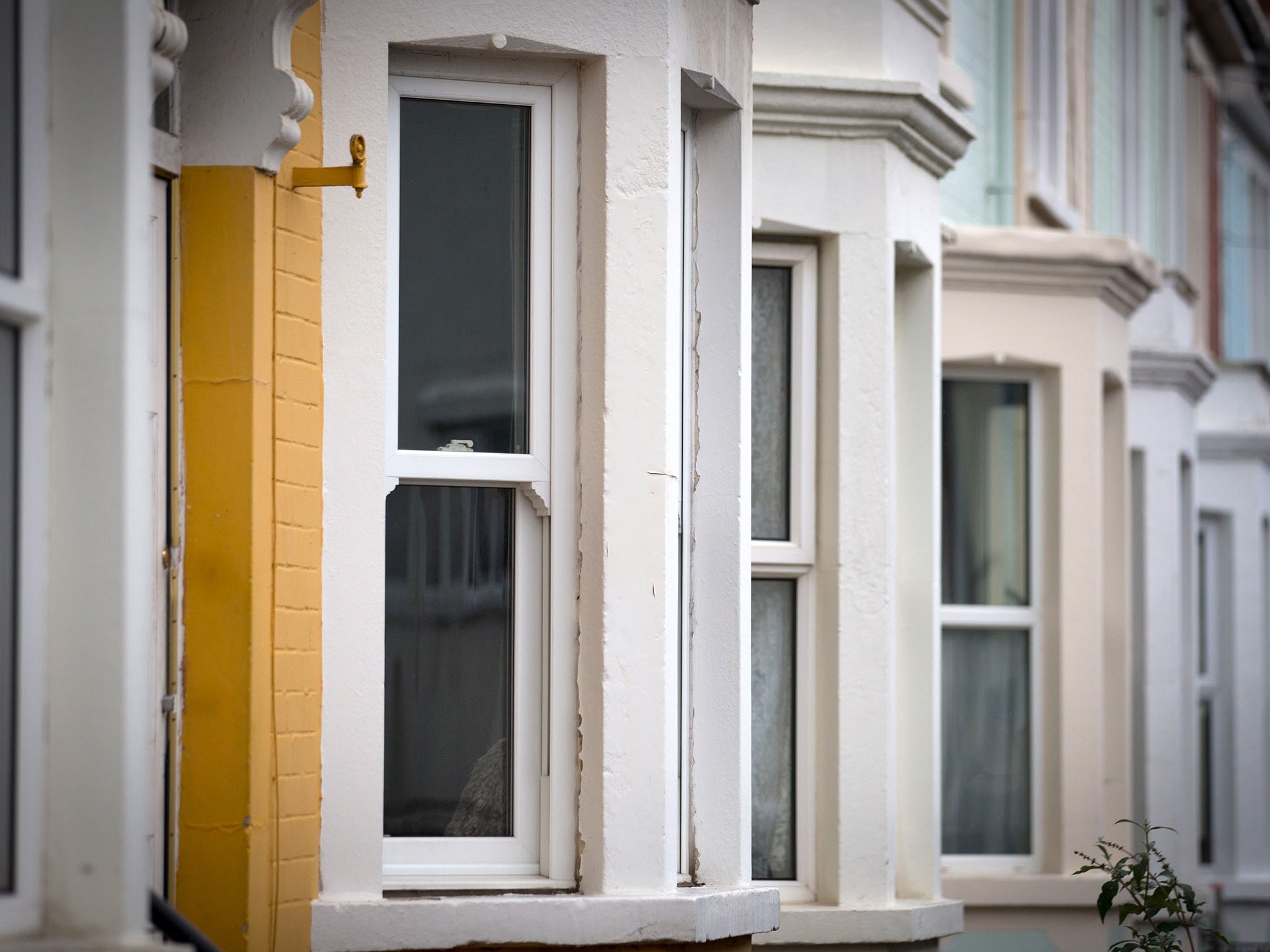A common criticism of David Cameron’s government in his first term as Prime Minister is that it favoured older people over younger. That rich pensioners, in particular, were spared the burden of balancing the nation’s books, while students were loaded with debt and young people were shut out of home ownership.
A welcome report from the Trades Union Congress, to be published on Monday and on which we report on page 20, argues that it is a mistake to see the problem as one of selfish baby boomers. This is not just because the richest individuals tend to be in the 45-to-64 age bracket, rather than among retirees, but because to see the social divide purely in terms of age is to miss the point.
As the report says, the wealth gap is less a question of fairness between old and young people, and more one of simple inequality. We should not be pitting the generations against each other, but seeking to equalise the burdens borne by rich families and poor ones – of all generations.
The TUC is certainly right to make the point that the problem of wealth inequality in Britain is not going to be solved by cutting winter fuel payments for better-off pensioners. These are not the central issue.
Nor is it sensible to see the tripling of tuition fees as an increase in the burden on the young – although the TUC shies away from contradicting fashionable opinion on this. The student loan system means that the burden is borne by graduates over their working lives, during which they can expect to earn considerably more than non-graduates. This is a fairer way of funding the expansion of universities than asking today’s taxpayers, most of whom did not attend university, to pay for it.
The TUC is quite right, however, to identify the property market as the heart of the problem. Those families lucky enough to own property, especially in London and the South-east, the benefit of which they can pass on to their younger generations, are the “haves”, and those who do not are the “have-nots”. The report notes that “some older households accumulate as much wealth during retirement as during their working lives” simply through the rise in house prices, and suggests that heavier taxation of property is an essential part of the solution.
This is true. If the twin problems of inequality and the housing shortage are to be dealt with, radical measures will be needed. Building more houses is part, but only part, of the solution. It is just as important to use the tax system to put the brakes on the accumulation of wealth in proportion to the value of property already held.
The TUC even suggests that capital gains tax should be charged on the increase in value of people’s homes. It will be hard to win public support for this. The fate of the mansion tax espoused by Labour and the Liberal Democrats at the recent election confirms that. Certainly, attention should be devoted in the first instance to increasing taxes on homes that are not “principal private residences”, in the language of the tax code. That means heavier taxes on second homes, buy-to-lets and unoccupied property.
But the TUC is right to argue for the principle of shifting the burden of tax from income to property, and this will require difficult decisions. The success of Jeremy Corbyn’s leadership campaign suggests this radicalism finds an echo among a section of opinion. The first step in trying to win over the wider public is to clear away some of the myths about how old people are benefiting at the expense of the young.
As the Government prepares to cut tax credits for the working poor and to cut inheritance tax for family homes worth up to £1m, it is more the case that the rich will benefit at the expense of the poor.


Join our commenting forum
Join thought-provoking conversations, follow other Independent readers and see their replies